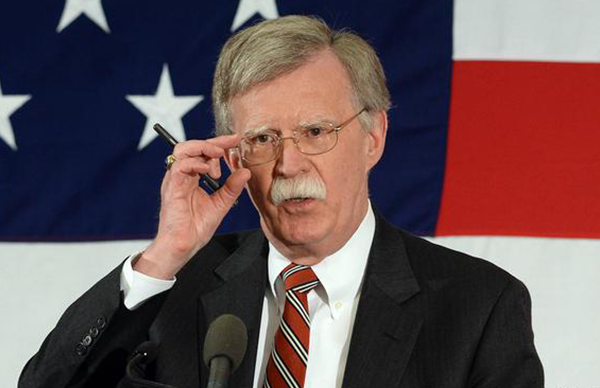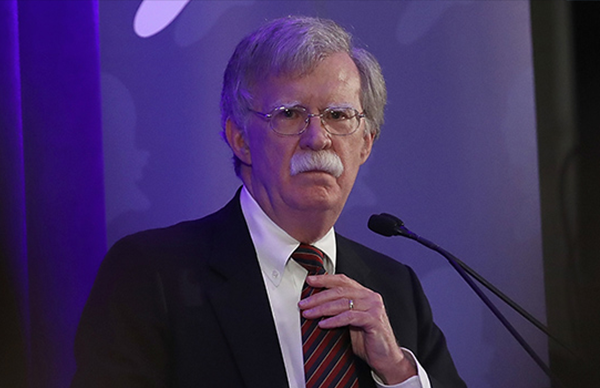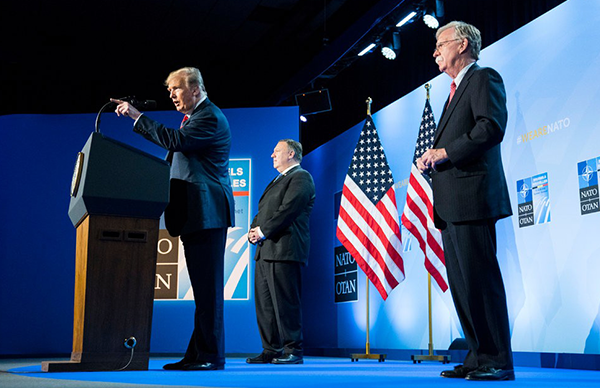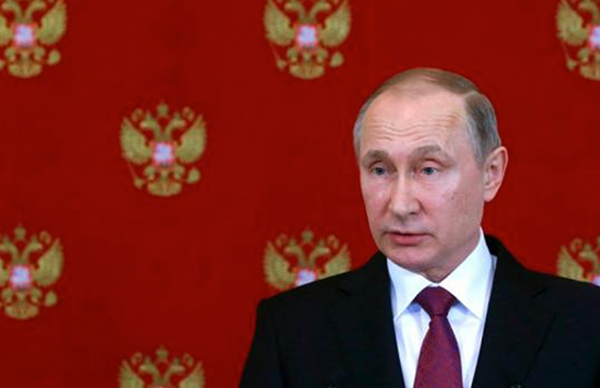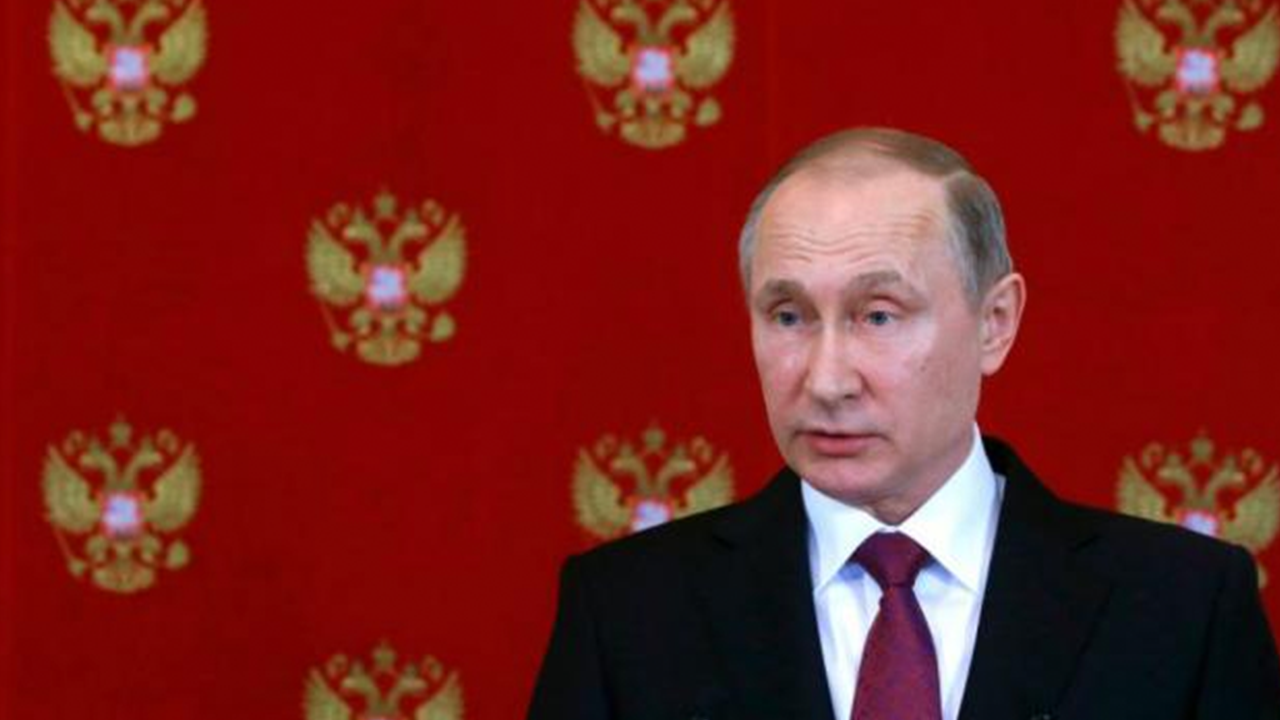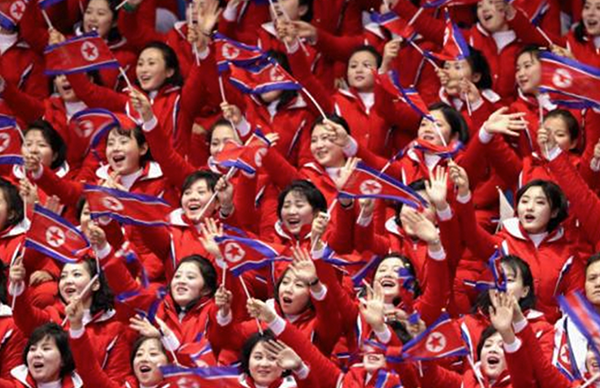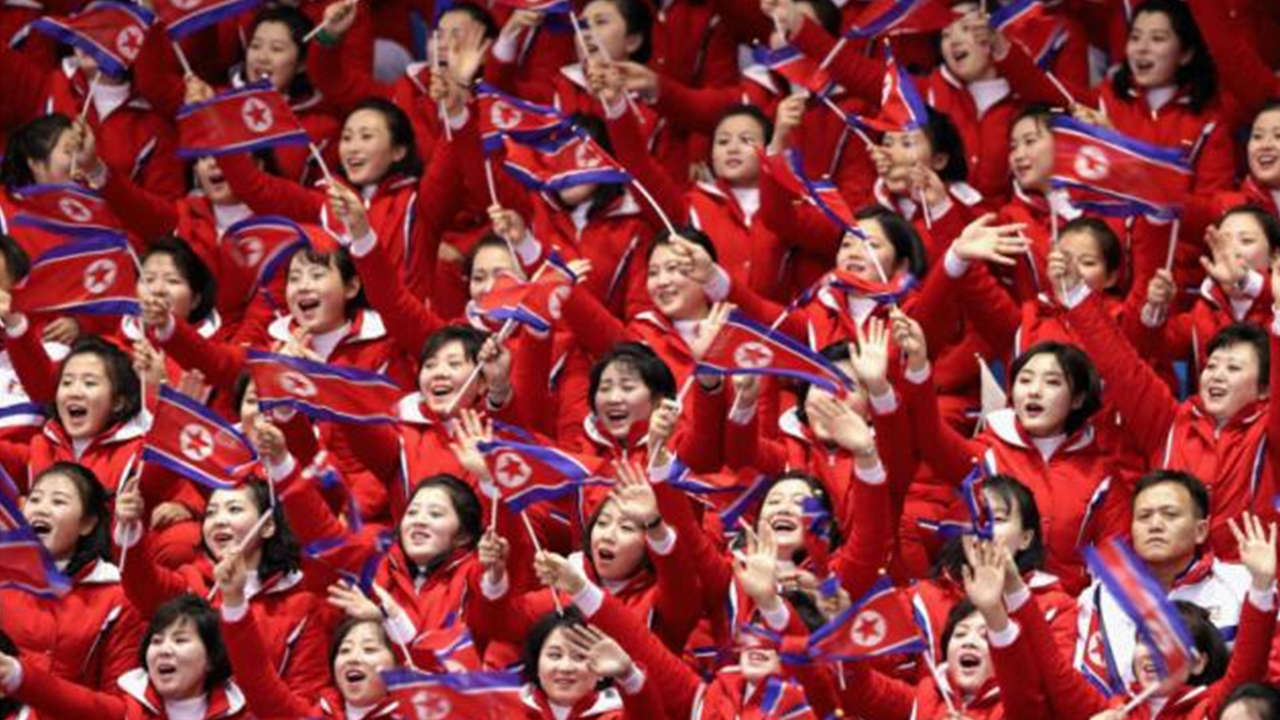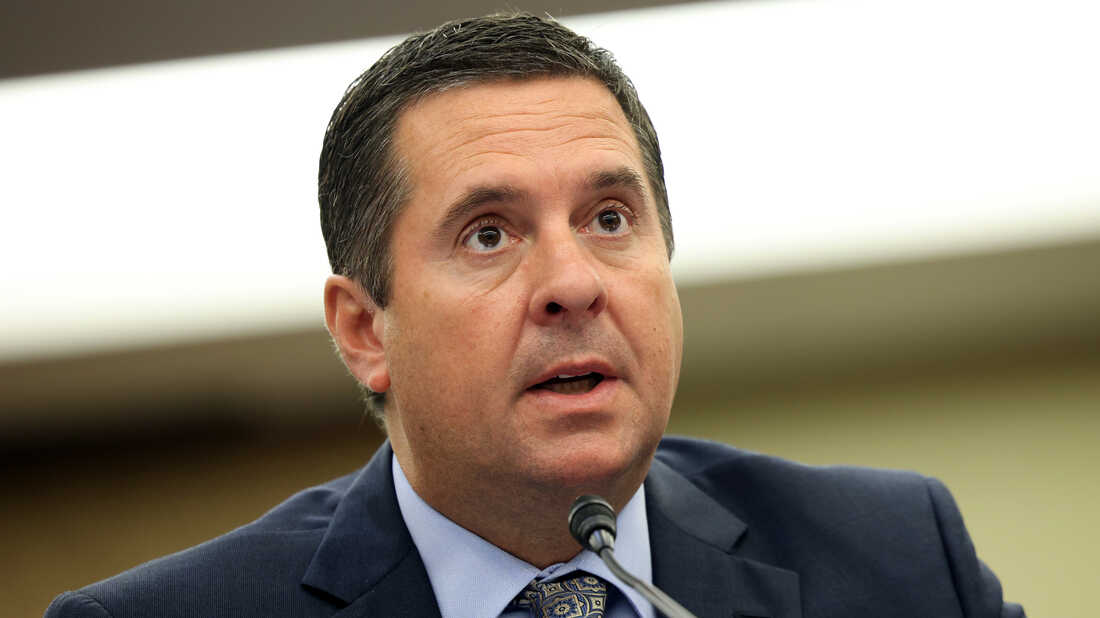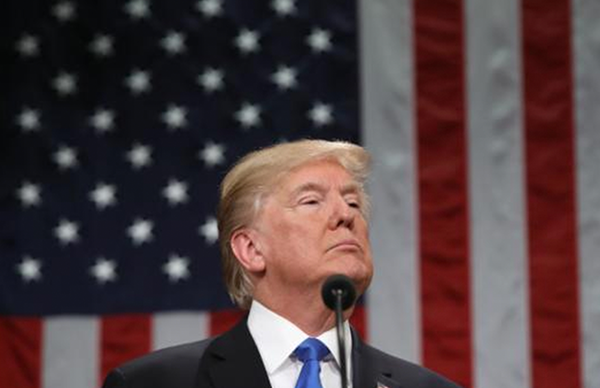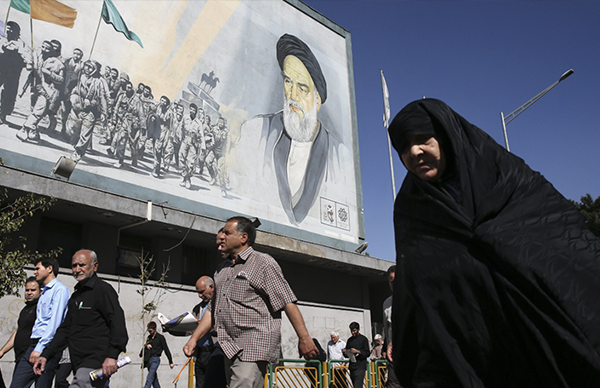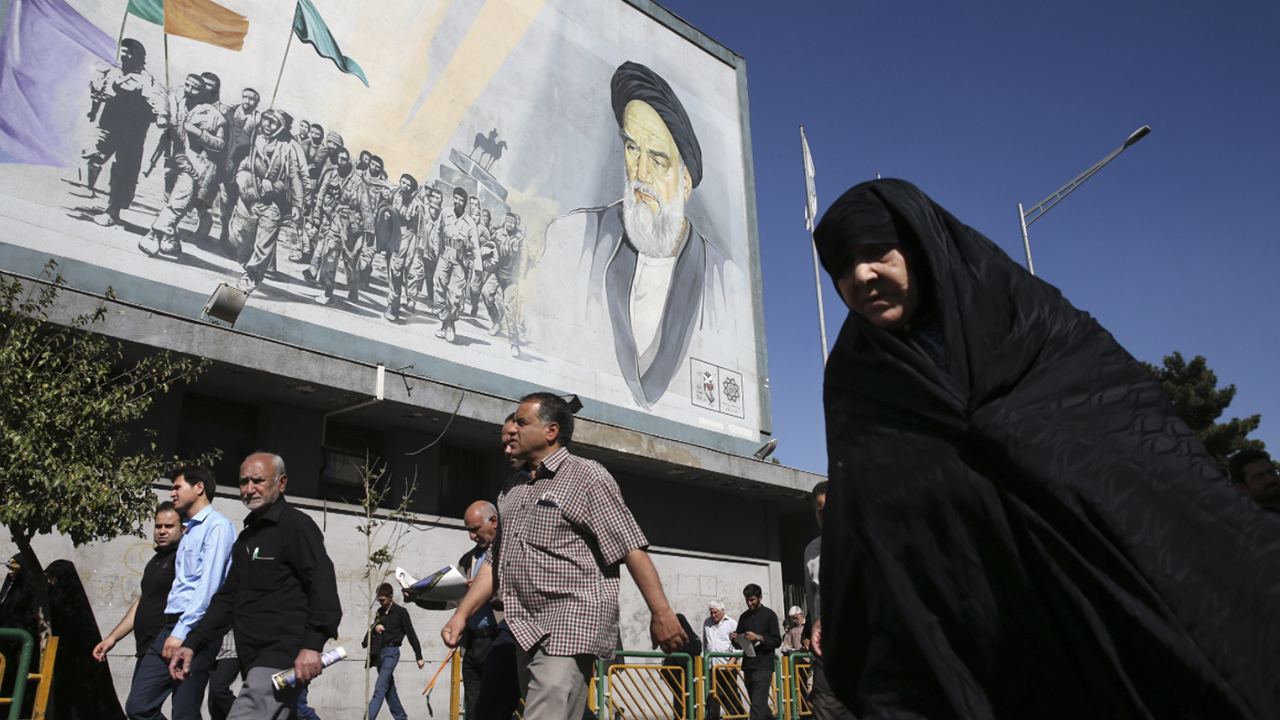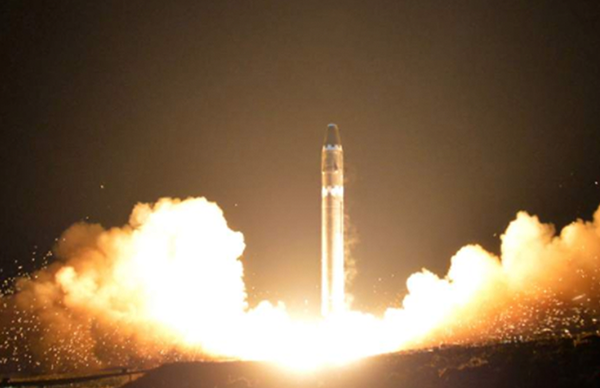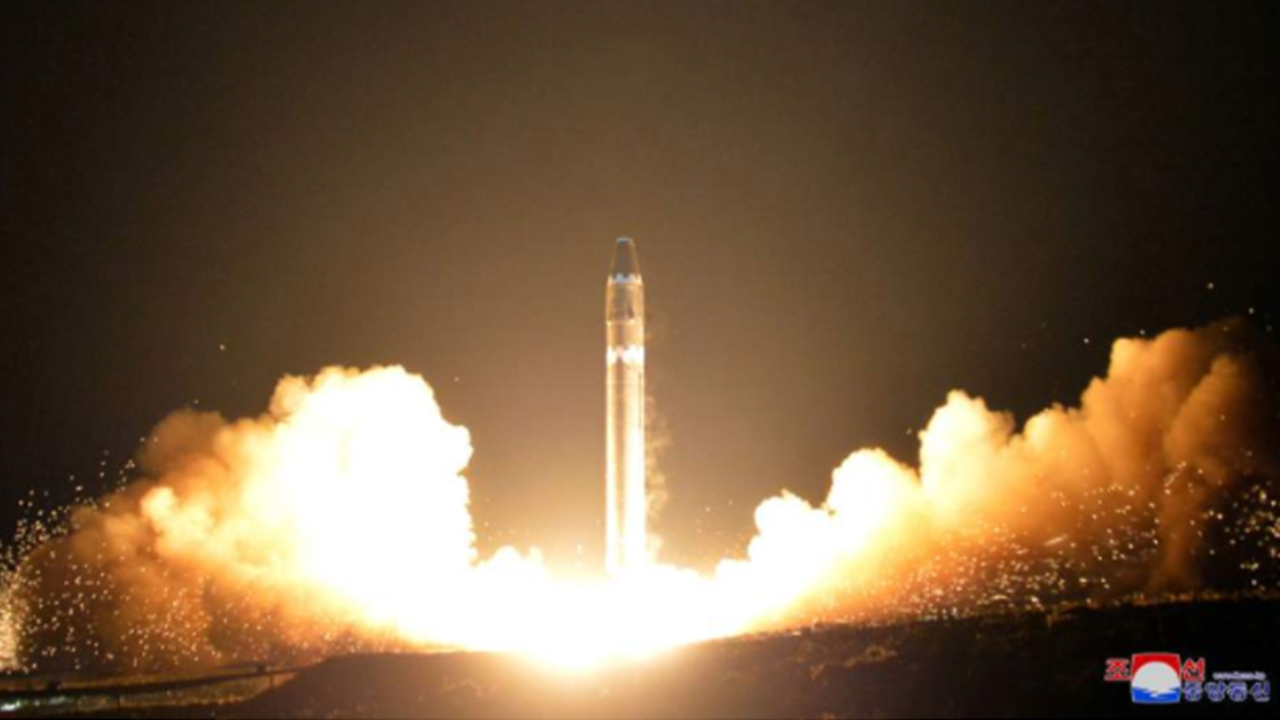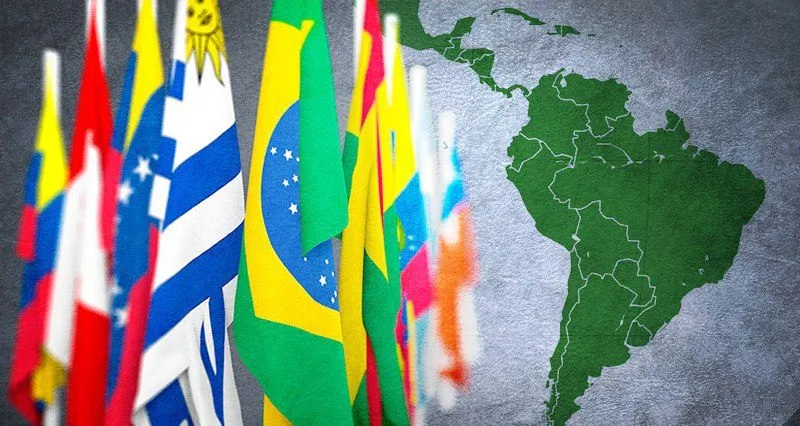This article appeared in The Hill on January 2, 2018. Click here to view the original article.
By John Bolton
January 2, 2018
Latin America and Africa have rarely rated as top U.S. foreign policy priorities in recent years, but 2018 may change that. Political instability and the collapse of national governments, international terrorism and its associated financing, and great power competition for natural resources and political influence could all threaten significant American national security interests next year. If several simmering controversies erupt simultaneously, Washington could find itself facing these crises with little or no strategic thinking to guide our responses.
In the Western Hemisphere, Cuba as of now is scheduled on April 19 to see the end of official leadership by the Castro brothers. Since seizing power from Fulgencio Batista in 1959, Fidel and Raul have embodied global revolutionary Marxism, defying U.S. opposition and repressing domestic dissent without compunction. But while loath to admit it, the Castros were always sustained by external assistance, by the Soviet Union until its 1991 collapse in turn prompted a near-terminal regime crisis in Cuba, and more recently by Venezuela’s dictatorship.
Moreover, despite Barack Obama’s revealingly ideological effort to extend a lifeline by granting the Castro regime diplomatic recognition, economic conditions did not improve and domestic political repression only intensified. Even beyond Cuba’s open contempt for Obama’s concessions, however, 2017’s still unexplained sonic attacks on American diplomatic personnel crossed the line. Denied by Havana but hard to imagine without its connivance, these attacks concentrated the new Trump administration’s attention. In November, the White House rolled back many of Obama’s changes, serving notice that harming Americans was unacceptable.
Now, with Venezuela on the ropes, the revolutionary legitimacy of the Castros set to disappear, and U.S. pressure increasing, how long the regime survives is an open question. Whoever follows Raul Castro may well be Cuba’s version of Egon Krenz, East Germany’s last Communist ruler after the Berlin Wall fell in 1989.
One major unknown is whether Vladimir Putin will see a strategic opportunity to reassert Russian influence in the failed Marxist paradise, or in other hemispheric weak points. Both Nicaragua (where, incredibly, the Sandinistas remain in power) and Honduras (which President Trump is trying to rescue from misguided Obama policies) are possibilities. While tensions will not likely return to Cold War levels, when U.S.-Soviet crisis over Cuba came close to igniting nuclear war, Russian meddling in Latin America could inspire Trump to reassert the Monroe Doctrine (another casualty of the Obama years) and stand up for Cuba’s beleaguered people (as he is now for Iran’s).
Venezuela’s tragic decline, first under Hugo Chavez’s comic-opera regime and now under Nicolas Maduro, his dimwitted successor, accelerated in 2017. A country that once had near-European living standards has seen its petroleum industry collapse through corruption, criminal negligence and lack of investment, with devastating consequences.
Moreover, foreign penetration of Venezuela remains unprecedented. Maduro relies on Cuban military advisers, and Iran and others maneuver to retain access to the country’s extensive uranium reserves, using its banking system for extensive money laundering and other illicit transactions. Hezbollah, exploiting the long history of expatriate Middle Eastern trading networks in Latin America, remains a murky but continuing threat, and narcotics empires are taking advantage of the rising chaos to operate in both Columbia and Venezuela.
Fortunately, at least some countries, like Argentina and Chile, show signs of restabilizing and overcoming misguided economic policies. On the other hand, as Brazilians themselves say, “Brazil is the country of the future, and always will be.” While Washington continues debating Mexican border policy, broader hemispheric threats, essentially ignored during the Obama administration, continue to grow, as 2018 may prove to our dismay.
Africa, in 2017 and before, has been ravaged by spreading anarchy and Islamic terrorism. Somalia effectively disintegrated decades ago, southern Sudan’s bloody civil war continues (and Sudan’s Darfur massacres remain etched in our memory), Boko Haram has torn open the seam between Muslims in the Saharan and Christians and animists in sub-Saharan Africa, and destabilizing terrorists or warlord groups, often armed by collaborating with similar groups in the collapsed state of Libya, have rampaged across the continent. Of these, Boko Haram’s threat to Nigeria’s stability and unity is the most significant, especially given Nigeria’s substantial oil reserves.
While the ISIS caliphate in Syria and Iraq was essentially destroyed in 2017, its leaders had exfiltrated over time, escaping to Africa, Afghanistan and elsewhere. Throughout northern Africa, therefore, ISIS and other terrorists could well become more visible next year as weak governments come under increased threat. France, for example, saved Mali from likely terrorist takeover in 2013, and more such threats could now emerge. Africom, the newest U.S. combatant command, faces its most extensive challenges and considerable attention to its counterterrorism efforts.
More broadly, Kenya saw internal political discord and external interference in 2017 that all but shattered confidence in national institutions. Similarly, South Africa’s African National Congress, which brought the country to independence and ruled it thereafter, nearly disintegrated in a just-concluded leadership contest to succeed President Jacob Zuma as the party’s head. On the other hand, successful elections in Liberia to succeed President Ellen Johnson Sirleaf mean that, for the first time in that nation’s history, there could be a peaceful transformation from one democratically elected leader to another. Moreover, Robert Mugabe’s fall in Zimbabwe was good news, although there is no guarantee the country will escape from his autocratic regime.
In both Latin America and Africa, China’s presence has grown significantly in recent decades, often through substantial foreign aid infrastructure projects or investments in natural resources, designed to feed China’s industrial production demands. Beijing’s competition with Washington has been largely one-sided, since we have long had wholly inadequate strategic understanding of the implications of China’s incursions, and no coherent response. Russia has been less involved in the race for natural resources, but its increased visibility, especially in our hemisphere, are part and parcel of Putin’s efforts to reassert Russia’s presence as in Cold War days.
In both of these critical regions, we need greater U.S. involvement, hopefully guided by more comprehensive thinking rather than ad hoc responses to erupting crises. This same advice could have been given for decades. Whether it will change in 2018 remains to be seen.
